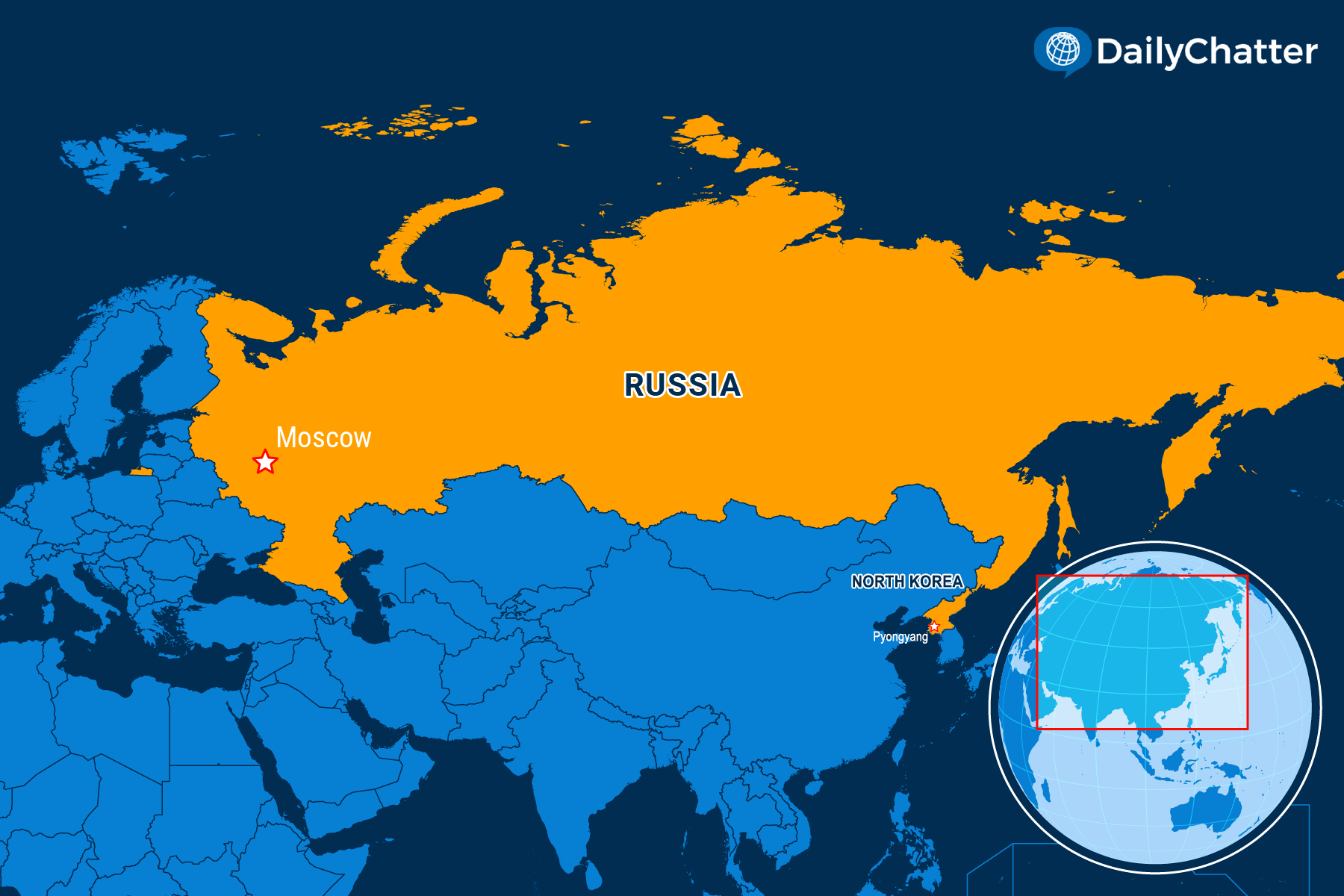Tightening the Screws

The European Union will impose sanctions on Russia’s lucrative gas sector for the first time since the Ukraine war started more than two years ago, a move expected to drain hundreds of millions from Moscow’s war chest, Politico reported Thursday.
The bloc announced the decision following weeks of negotiations – and opposition from Germany and Hungary.
The new levies will ban EU ports from reselling Russian liquified natural gas (LNG) and block financing for Russia’s planned Arctic and Baltic LNG terminals. However, they do not target the majority of Russia’s LNG exports to the EU.
Diplomats explained that this approach aims to limit Russia’s ability to profit from LNG exports without cutting off all supplies to Europe.
The decision was met with opposition from EU member states Hungary and Germany: Budapest initially threatened to veto the package, but relented after receiving assurances that the Russia-backed expansion of its Paks II nuclear plant would not be sanctioned.
Germany’s opposition, meanwhile, stemmed from concerns that expanding the “no-Russia clause” to include civilian products – such as chemicals and machinery – would harm small businesses, rather than from gas-related issues.
Observers said the sanctions marked a significant step in the EU’s response to Russia’s full-scale invasion of Ukraine in February 2022: Since the invasion, the bloc has reduced its reliance on Russian gas by around two-thirds, but continued importing and reselling Russian LNG, which brought in more than $8 billion for the Kremlin in 2023.
The new sanctions will likely reduce this revenue by about a quarter and will also force Moscow to reroute its LNG shipments to Asia through the Arctic Sea.
The EU’s decision comes a day after Russian President Vladimir Putin visited North Korea to deepen ties with Pyongyang in a bid to bypass sanctions and obtain munitions for the war in Ukraine.
During the visit, Putin announced a “breakthrough” new strategic partnership between Russia and North Korea, pledging mutual assistance if either nation is attacked, CNN noted.
The comprehensive agreement – which replaces previous deals – covers political, trade, investment, cultural, and security areas between Moscow and Pyongyang.
But the deal has raised questions about potential joint military drills and whether Russia’s nuclear deterrent now extends to cover North Korea.
Putin thanked North Korean leader Kim Jong Un for supporting his war in Ukraine, with both leaders signing a new strategic partnership that would elevate their ties to a “new level,” CNN noted.

Subscribe today and GlobalPost will be in your inbox the next weekday morning
Join us today and pay only $32.95 for an annual subscription, or less than $3 a month for our unique insights into crucial developments on the world stage. It’s by far the best investment you can make to expand your knowledge of the world.
And you get a free two-week trial with no obligation to continue.
